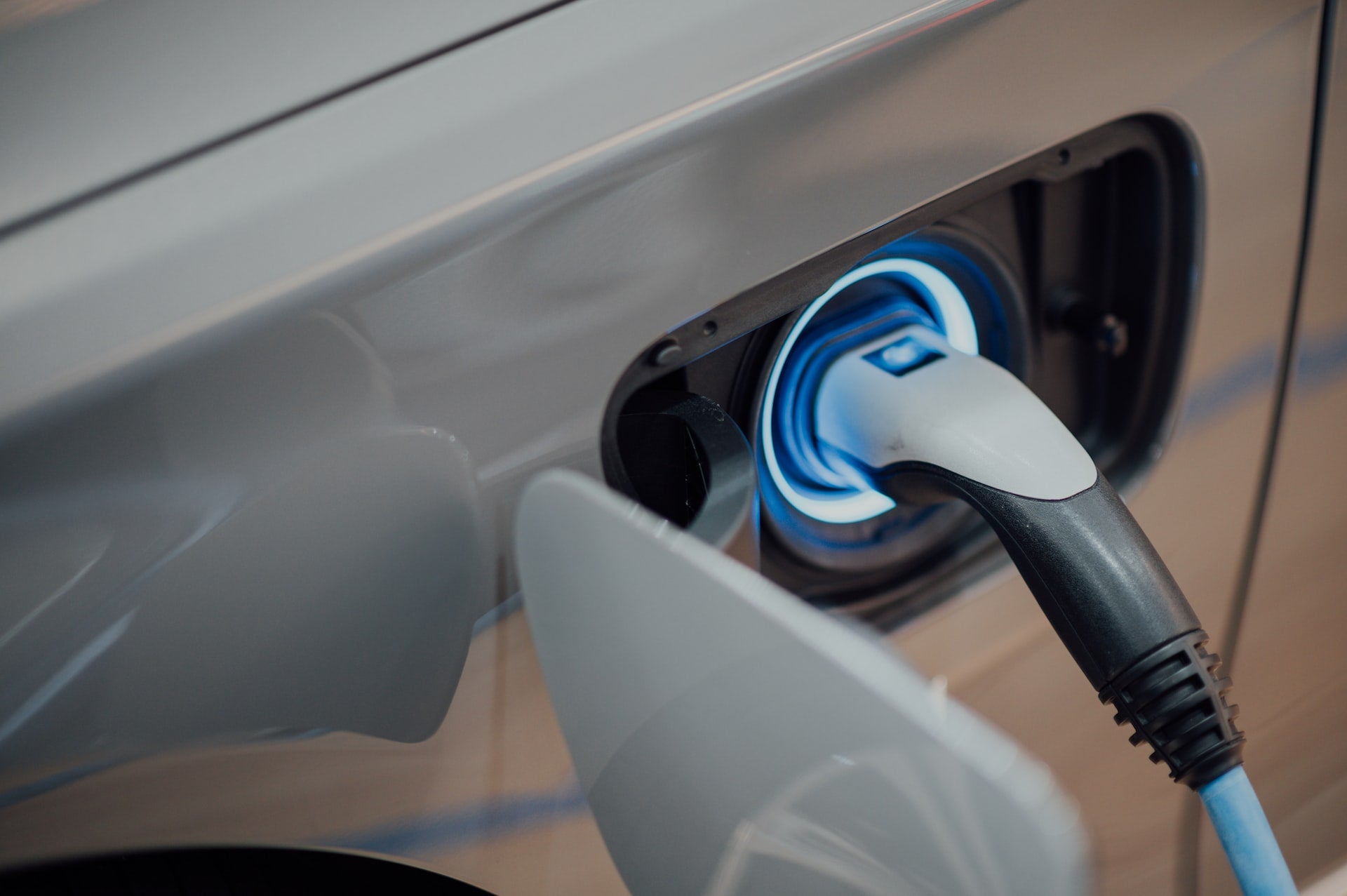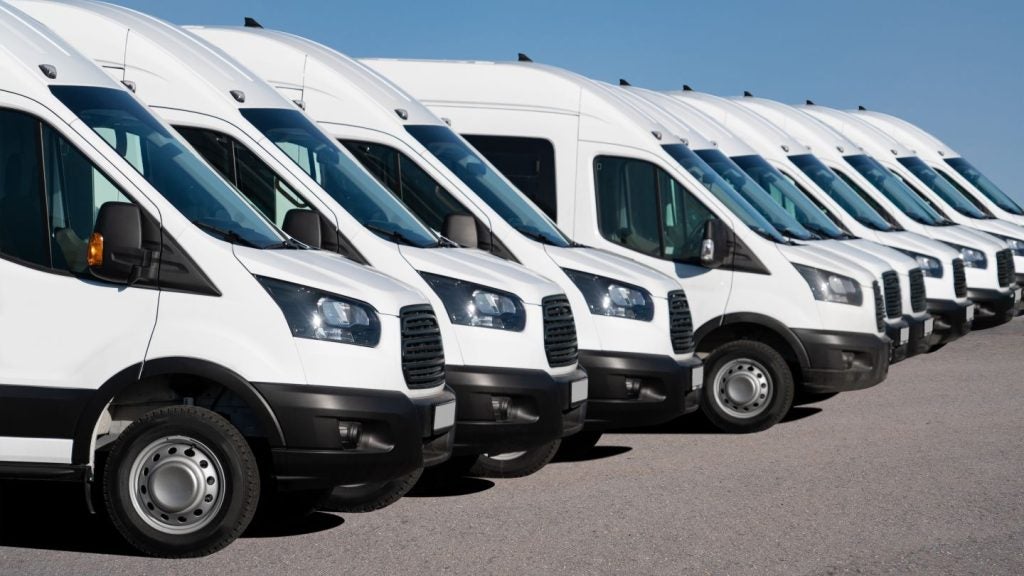
Lloyds Banking Group has revealed that it has provided £1bn in new funding for electric (EV) and plug-in hybrid vehicles (PHEV) this year.
The funding was provided via Lex Autolease and Black Horse, Lloyds Banking Group’s motor finance and leasing businesses.
The lender has set a target to offer £8bn in financing for new electric vehicles by 2024.
By 2030, it also aims to achieve net zero emissions across Lex Autolease’s customer fleet and a 50% overall carbon reduction across the group.
As per the official statement, the banking group has financed one in every ten electric vehicles registered on the UK’s roads including 55,451 EVs and 47,200 PHEVs.
Lex Autolease, a fleet leasing and funding business, has delivered 69,237 vehicles delivered to date, including 37,387 BEVs and 31,850 PHEVs.
How well do you really know your competitors?
Access the most comprehensive Company Profiles on the market, powered by GlobalData. Save hours of research. Gain competitive edge.

Thank you!
Your download email will arrive shortly
Not ready to buy yet? Download a free sample
We are confident about the unique quality of our Company Profiles. However, we want you to make the most beneficial decision for your business, so we offer a free sample that you can download by submitting the below form
By GlobalDataBlack Horse, which is the consumer car finance unit of the bank, has financed 33,414 battery-powered vehicles, including 18,064 BEVs and 15,350 PHEVs.
Lloyds Banking Group managing director transport Richard Jones said: “The £1bn electric vehicle funding milestone is a testament to the sustainability-first approach that sits at the heart of both Lex Autolease and Black Horse and our overall commitment to offering practical solutions that help businesses and private owners realise the potential of making the switch to electric.
“As the uptake of electric vehicles continues to gather pace, we will work closely with government departments and manufacturers to ensure that the supply of vehicles and supporting charging infrastructure is able to withstand the demand from motorists. We are also open to supporting other technologies and solutions that can accelerate the transition to net zero.”







